While those of us who live in or near the country’s medium and large cities see slow but eventual improvements in broadband service and sometimes even some competition, the same is not true for millions of Americans who live in the more rural parts of the country. Running wires outside of the ‘burbs costs more money than it brings in, so carriers aren’t keen to do it without a boost. And that’s where the FCC’s Connect America fund comes in. [More]
broadband
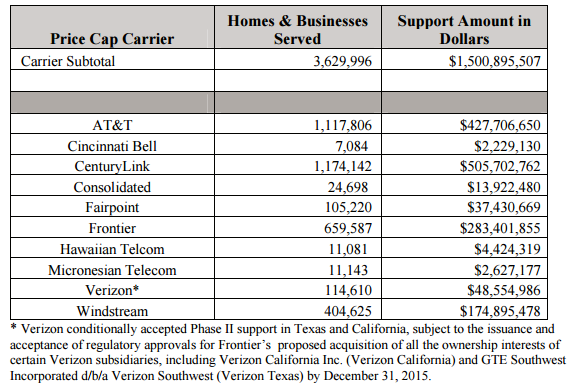
Ten ISPs Sign On With FCC Fund, Will Expand Rural Broadband To Over 7M Customers In 45 States
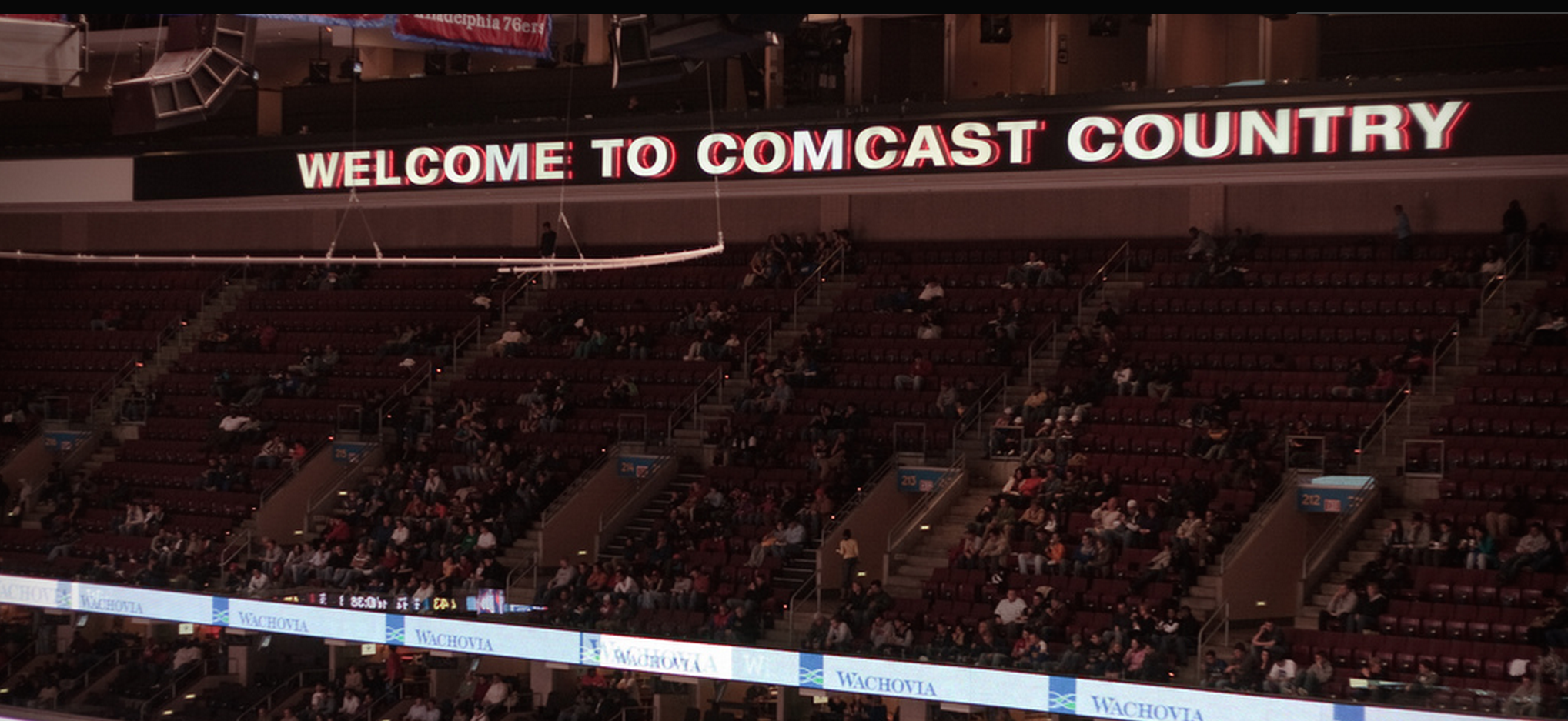
Comcast Makes Slight Improvements To Its Broadband Program For Low-Income Households
Comcast’s Internet Essentials program, which offers affordable broadband access to some low-income households, has long been considered window dressing for regulators and lawmakers whenever the company has to show that it does something not-horrible for the community. Today, Comcast announced a pair of significant improvements to Essentials, while launching a pilot program that could result in expanded eligibility. [More]

Cheaper, More Competitive Broadband: Not Gonna Happen Anytime Soon, Analyst Tells Congress
A committee in Congress yesterday held a hearing on promoting broadband infrastructure investment. That is, getting more wires put in the ground so more people can get online faster and more reliably. That’s a laudable goal that we here at Consumerist tend to cheer on. But one theme became clear from the testimonies of the assembled analysts, industry members, and local public companies who spoke: real improvement is going to be a long, ugly series of fights… and consumers are going to keep paying a lot more while it happens. [More]

USDA Providing $85M In Grants & Loans To Support Rural Broadband
The U.S. Dept. of Agriculture might not be the first federal agency that pops into your head when thinking about broaband Internet connectivity, but this week the USDA announced a total of $85 million in loans and grants that it hopes will help farmers and other rural Americans bridge the digital divide. [More]

Comcast Improving Download Speeds For Free In Northeast, But Not For Everyone
With Comcast losing pay-TV subscribers in favor of streaming video services, the company is doing what it can to retain customers who not only ante up for TV and broadband, but also for home phone service. [More]
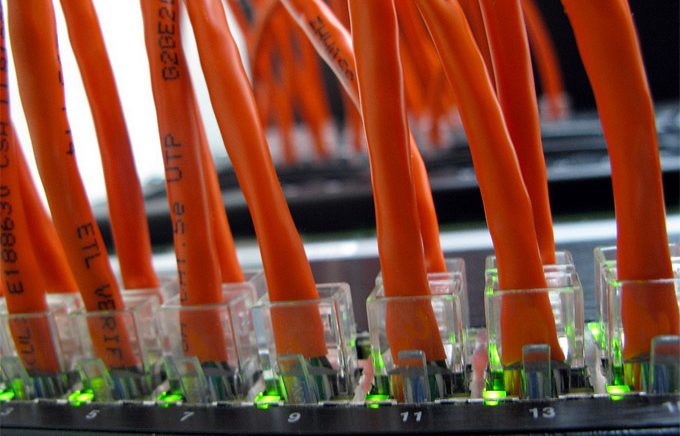
AT&T Claims 11.7M People Could Get Gigabit Fiber If DirecTV Merger Approved
AT&T and DirecTV are still hoping their mega-merger is on track for approval. While they wait, the FCC has been asking them to clarify some of their earlier statements about why this deal is a good idea for the public. And buried in those new answers is the nugget that post-merger, AT&T plans to bring fiber networks to almost 12 million customers… kind of. [More]
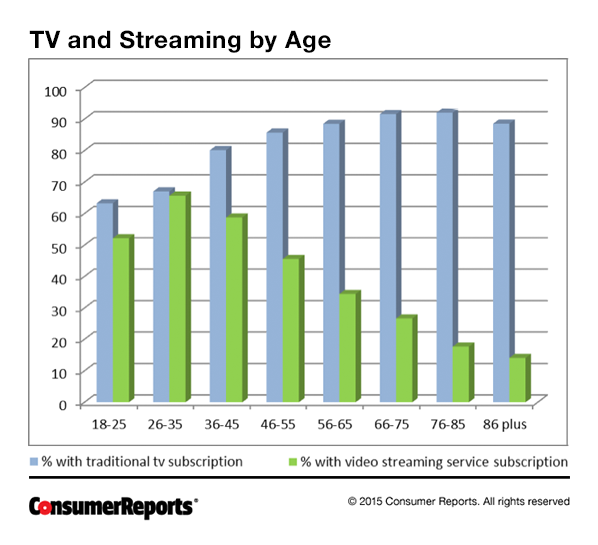
Survey Says: Everyone Still Hates Comcast’s, TWC’s Customer Service
Comcast keeps promising that this is the year their legendarily bad customer service gets an overhaul, but consumers don’t seem to be buying it. A national survey asking consumers about cable and internet companies has, once again, dropped Comcast and Time Warner Cable right at the very bottom of the heap. [More]

Why Your Cable Company Doesn’t Always Know If Your New Address Gets Service
There’s a story we hear far too often: someone is buying a house. Before they put any money down, they do their research. They call the local cable/Internet provider to make sure they can get broadband service at this new address. They double-check. They triple-check. They search the property for wires, call back, and make sure they’ll be okay. Then they take out the mortgage, move in, and… surprise! There’s no broadband service after all, there won’t be any, and now they’re up a very expensive creek. [More]
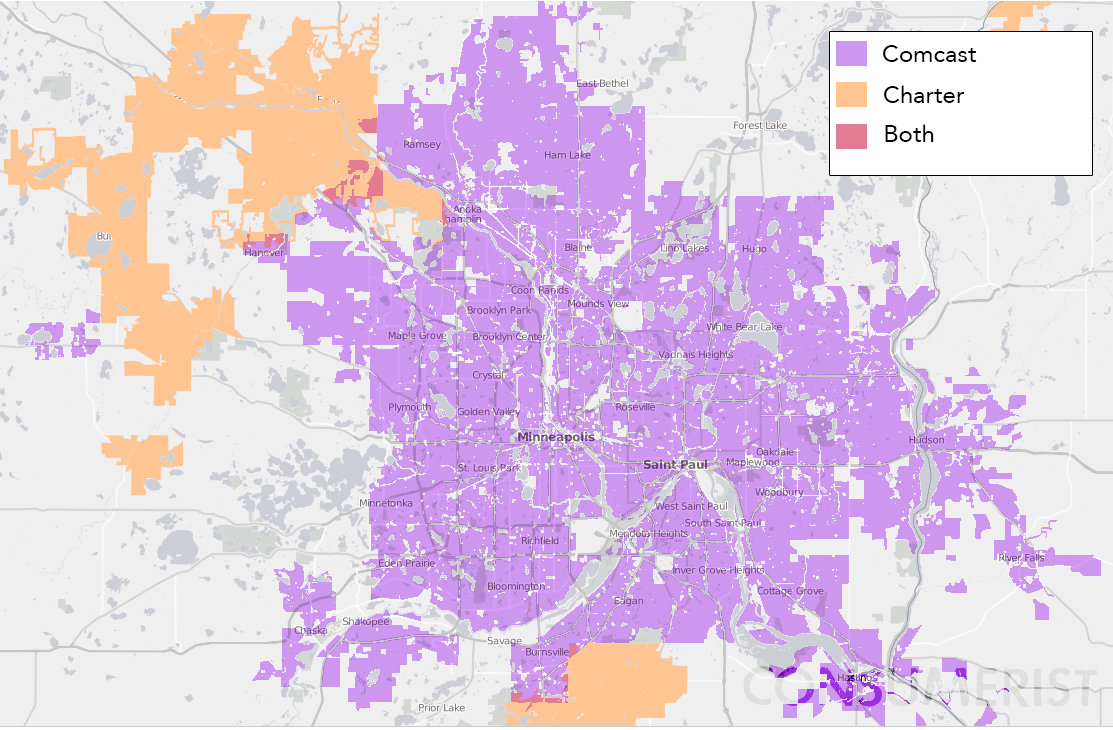
The People Of Minneapolis May Someday Get To Choose Something Other Than Comcast
A year ago, when we investigated the sad state of broadband competition in the U.S., Minneapolis was one of the markets we mapped to to show just how few choices people had. As you can see from the map above, the city is almost exclusively Comcast territory, but that may change over the next five years thanks to a recent city council vote. [More]
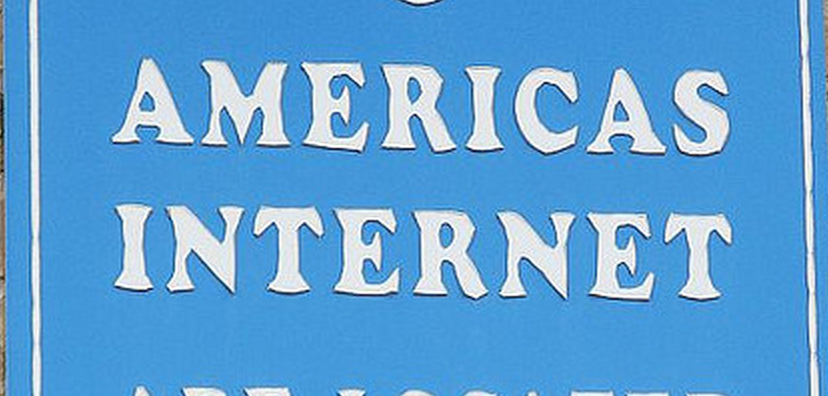
Why Is It So Dang Difficult To Get Accurate Information About Broadband Speeds?
Your cable company sells you a broadband plan advertising download speeds of “up to 25Mbps.” But it feels sluggish to you so you check out an online speed test site and it tells you you’re only getting a fraction of that speed. Then the FCC comes out with its Measuring Broadband America report which — if you can even make heads or tails of it — says your ISP is actually exceeding its advertised download speeds. Why don’t all of these things agree? [More]
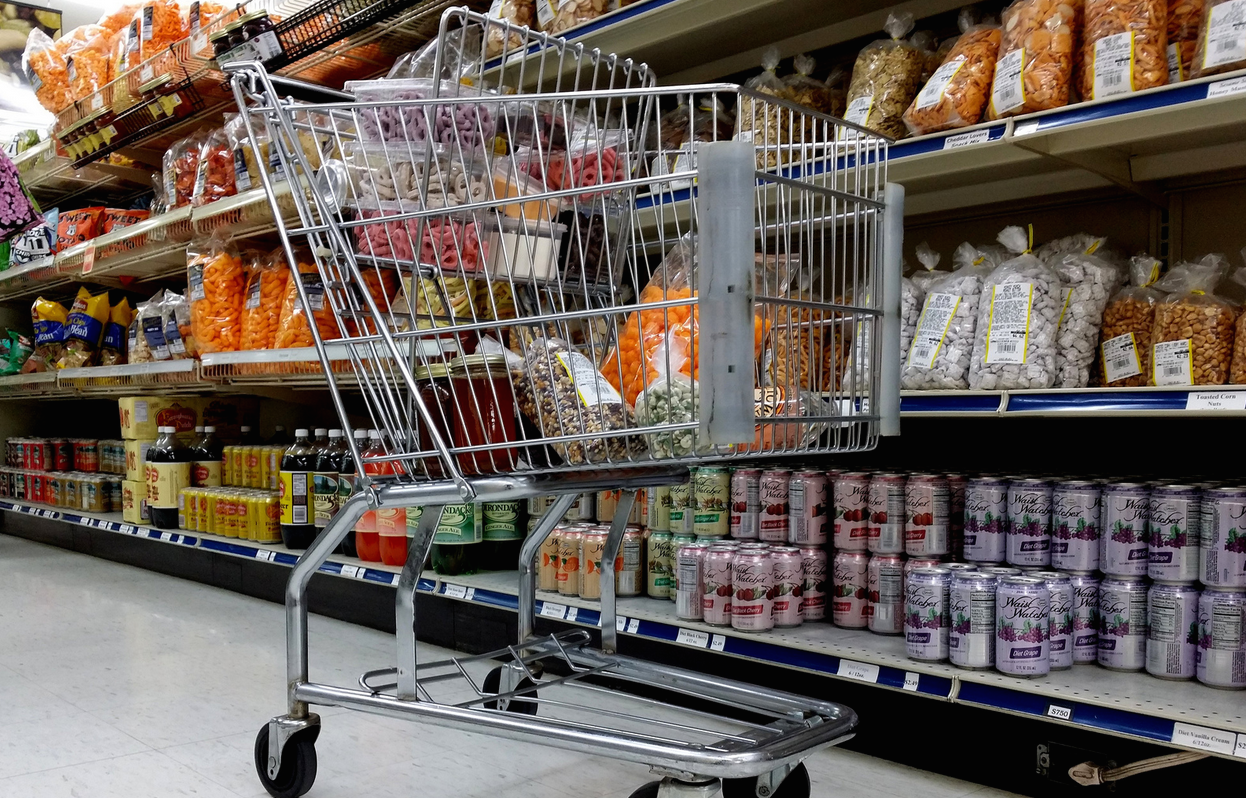
Cablevision CEO: Pay-TV Is The “Milk & Eggs” Of His Business; Internet Is The “Soda & Chips”
As we noted earlier today, Comcast now effectively has exactly the same number of Internet customers as it does cable subscribers, and the Internet users will soon outnumber those who get their TV from Comcast. And while a pay-TV customer brings in significantly more gross revenue for a cable company than someone who is broadband-only, these companies are likely making more profit off their Internet users. [More]
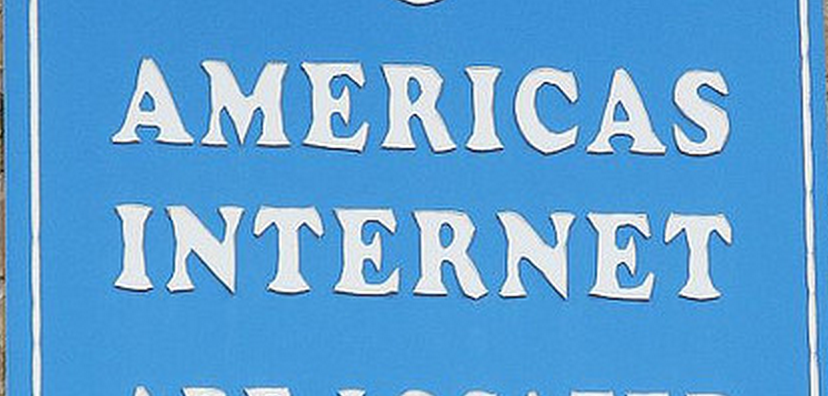
Net Neutrality Is Already Improving Internet Connections And It Hasn’t Even Gone Into Effect
Though the FCC narrowly voted to approve the new Open Internet Order (AKA net neutrality) several months ago, the rules don’t actually kick in until June 12. Yet with those new guidelines looming, some Internet service providers are already beginning to play nice with the companies that do most of the heavy lifting for the web. [More]

AT&T Becomes Latest ISP To Promise New Homeowner Broadband Connection At Address They Won’t Actually Serve
You’ve heard it all before: a man buying a new home needs to make sure it has acceptable broadband connectivity, not just for entertainment but also because he works in IT. He calls the provider in the area three times before moving, and every time is assured that they service his house. Until he moves in and finds out that in actual reality, they don’t, and aren’t sure why they said they did. The last time we shared such a tale of woe, it was Comcast in Washington state. This time, it’s a homeowner in Michigan, and the ISP that doesn’t know what they actually do is AT&T. [More]

Sen. Al Franken: Still Not Enough Competition For Cable & Internet Access
While many opponents of the Comcast/Time Warner Cable merger were setting off fireworks last Friday to celebrate the defeat of this deal that would have concentrated nearly 60% of the nation’s high-speed broadband accounts under one company, realists among us are pointing out that the end of that ill-fated engagement does nothing to change the already dismal competition landscape in many markets. [More]

AT&T Claims That DirecTV Merger Will Allow It To Expand GigaPower Fiber Network
While we’ve been critical of the Comcast/Time Warner Cable merger, the motivation behind that deal is clear: It would instantly add 10 million customers to Comcast’s bottom line and give the company control over cable/broadband access for the two largest markets in the country. The reasoning behind the less-scrutinized marriage of AT&T and DirecTV isn’t as cut-and-dry. [More]
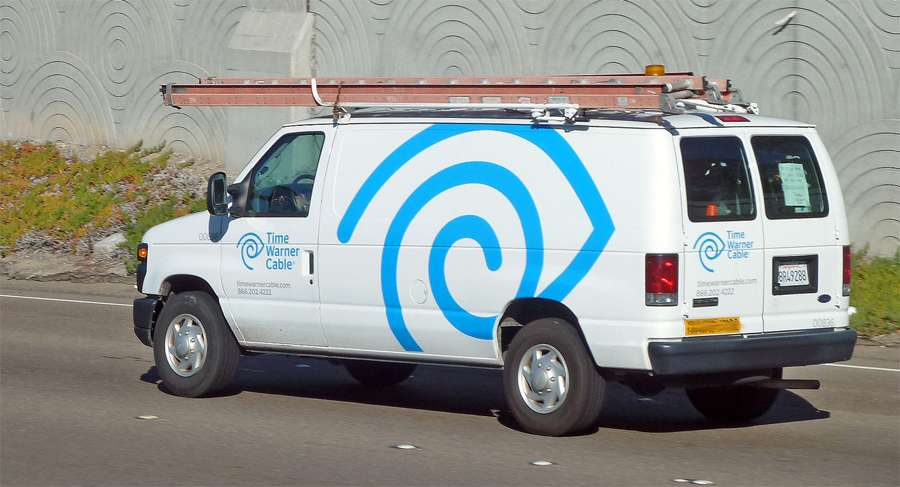
Time Warner Cable Promises Free Internet Speed Boost To Charlotte Customers Before Google Moves In
The new rule of the internet might well be: where Google goes, competition flows to follow. And so, Time Warner Cable customers in Charlotte are about to see a big boost in internet speeds long before a Fiber rollout comes to their town. [More]
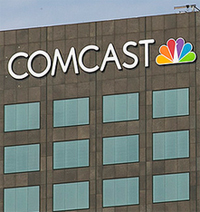
In Atlanta? You Can Soon Sign Up For Internet Twice As Fast As Google Fiber. The Downside: It’s From Comcast
Atlanta residents are now well-poised to join inhabitants of metro Raleigh and Kansas City as citizens of one of the nation’s few crucibles of fiber competition. Comcast is setting its sights squarely on Google Fiber today with the announcement of a new fiber to the home offering at twice Google’s speed, and Atlanta is the lucky city getting first dibs. [More]
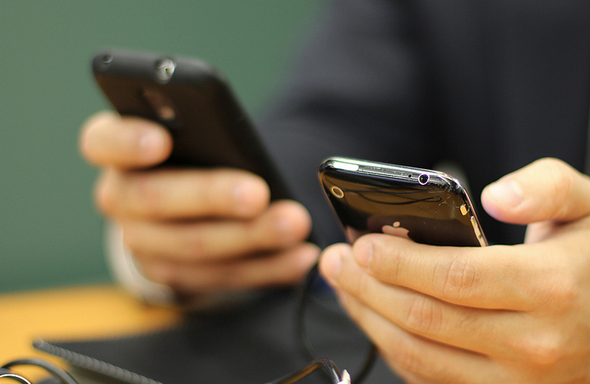
Nearly 7% Of Americans Say Their Smartphone Is Their Only Way To Get Online
We may often joke that losing our smartphone would mean being cut off from the outside world. While that’s likely an exaggeration for many consumers, a new report from The Pew Research Center finds Americans’ reliance on smartphones to stay connected with the rest of the world is very real, especially when it comes to accessing the internet. [More]

